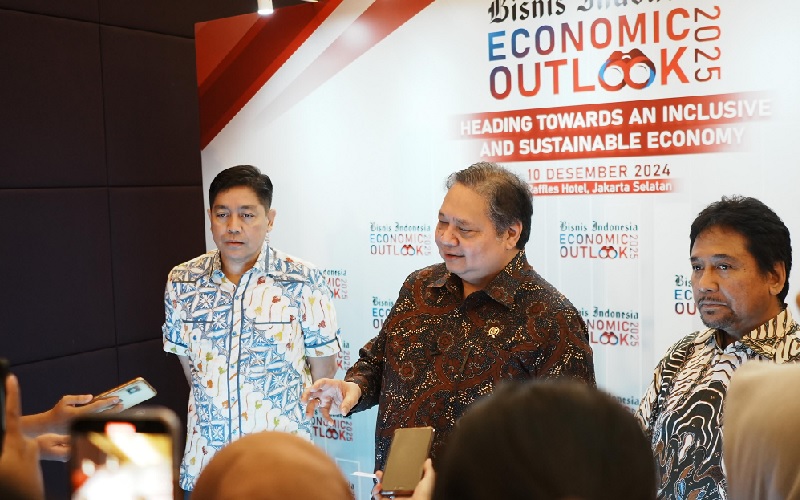Indonesia's Roadmap to Achieving 8% Economic Growth
Indonesia is setting its sights on a remarkable economic growth target of 8%, an ambitious goal reflecting its 1995 achievement of 8.2%. Coordinating Minister for Economic Affairs Airlangga Hartarto recently unveiled the government’s comprehensive strategy to realize President Prabowo Subianto’s vision, emphasizing key growth sectors and structural improvements.
Hartarto outlined that consumption, investment, and exports are pivotal to this target. The government aims to maintain 5–6% growth in the consumption sector, expand investments by 10%, and boost exports by 9%. A diverse range of sectors is expected to drive this growth, including manufacturing (particularly through downstream industrialization), services, tourism, the green economy, and the digital economy.
The minister also stressed the importance of enhancing productivity and addressing structural challenges such as Indonesia’s Incremental Capital Output Ratio (ICOR), currently at 6.5. By improving infrastructure connected to production areas and increasing investments in research, technology, and innovation, the government plans to reduce ICOR, making higher economic growth achievable.
Special Economic Zones (SEZs) play a significant role in this strategy. Indonesia’s 24 SEZs have already attracted investments worth Rp 242.5 trillion (USD 14 billion) and created over 150,000 jobs. Further development of SEZs is expected to generate additional economic activity and employment opportunities, boosting regional and national growth.
Airlangga acknowledged the challenges, including the global economic slowdown and post-pandemic recovery. However, he emphasized that targeted efforts, such as supporting capital-intensive industries and exploring new economic drivers like sharia and halal products, could provide the needed momentum.
With President Prabowo’s administration aiming to lay the foundation for “Golden Indonesia” by 2045, the 8% growth goal is not just aspirational but a strategic step toward sustainable economic development. While this target is ambitious, the government's multifaceted approach, if effectively implemented, could position Indonesia as a leading economic powerhouse in the region.
Read More






 Friday, 27-02-26
Friday, 27-02-26







